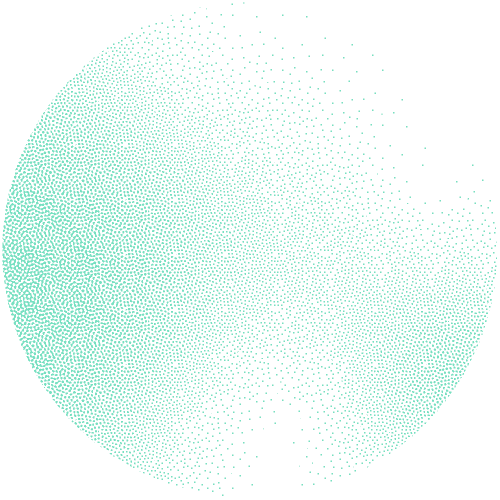ATGCCGGAATTGGCACATAACAAGTACTGCCTCGGTCCTTAAGCTGTATTGCACCATATGACGGATGCCGGAATTGGCACATAACAAGTAC
TGCCTCGGTCCTTAAGCTGTATTGCACCATATGACGGATGCCGGAATTGGCACATAACAACGGTCCTTAAGCTGTATTGCACCATATGACG
GATGCCGGAATTGGCACATAACAAGTACTGCCTCGGTCCTTAAGCTGTATTTCGGTCCTTAAGCTGTATTCCTTAACAACGGTCCTTAAGG
ATGCCGGAATTGGCACATAACAAGTACTGCCTCGGTCCTTAAGCTGTATTGCACCATATGACGGATGCCGGAATTGGCACATAACAAGTAC
TGCCTCGGTCCTTAAGCTGTATTGCACCATATGACGGATGCCGGAATTGGCACATAACAACGGTCCTTAAGCTGTATTGCACCATATGACG
GATGCCGGAATTGGCACATAACAAGTACTGCCTCGGTCCTTAAGCTGTATTTCGGTCCTTAAGCTGTATTCCTTAACAACGGTCCTTAAGG


Intermediate stats: data analysis in practice - postponed



15 April 2020



For-profit: 600 CHF

This course is postponed, more information will be sent to the registered participants.
Overview
Do you feel unable to statistically analyse data, despite having already followed an introduction course on statistics ? If yes, this course was created for you.
The goal of this training is to provide researchers with the practical skills required in order to analyse real biomedical data. This includes:
- how to explore data
- how to choose and apply an analysis method (statistical tests in particular)
- how to manage common issues encountered during data analysis, such as outliers, batch effects, management of biological vs technical replicates
- how (and when) to evaluate the power of an experiment
- how to communicate the results
During this two-day training, you will be provided with datasets to analyse in small groups, using information provided by the trainers. The results will then be discussed together. The datasets will be chosen to allow you to cover the most common questions that arise during a statistical analysis, including the assumptions of tests (and the requirement for normality of data in particular), the handling of outliers, missing data.
Audience
The course is targeted at researchers who have already followed a basic statistics course (equivalent to our course "Introduction to statistics") and have a working knowledge of the R statistical package (equivalent to either the introduction to statistics course, or to the "First steps with R course"). Fluency in R is absolutely required for this course.
The course is problem-based and requires active participation from everyone.
Learning objectives
At the end of the course, participants will be able to:
- choose basic statistical methods in order to analyse a dataset
- take care of common issues arising during a statistical analysis
- perform a statistical analysis
- communicate the results of the analysis, both orally and in writing form
Prerequisites
Knowledge / competencies:
- Basic knowledge of statistics (see Audience section), in particular knowledge of what statistical tests are is required
- Working knowledge of R, including ability to load data into R, select data of interest, plot data, perform basic tests
Technical:
- A Wi-Fi enabled laptop with latest R and RStudio.There will be access to the eduroam and guest-unil networks.
Application
Registration fees are 120 CHF for academics and 600 CHF for for-profit companies. This includes course content material and coffee breaks.
Deadline for registration and free-of-charge cancellation is set is set to 15 April 2020. Cancellation after this date will not be reimbursed. Please note that participation to SIB courses is subject to our general conditions, available at here.
You will be informed by email of your registration confirmation.
Venue and time
University of Lausanne.
The course will start at 9:00 and end around 17:00. Precise information will be provided to the participants on due time.
Additional information
Coordination: Grégoire Rossier.
We will recommend 0.5 ECTS credits for this course (given a passed exam at the end of the session).
You are welcome to register to the SIB courses mailing-list to be informed of all future courses and workshops, as well as all important deadlines using the form here.
For more information, please contact training@sib.swiss.